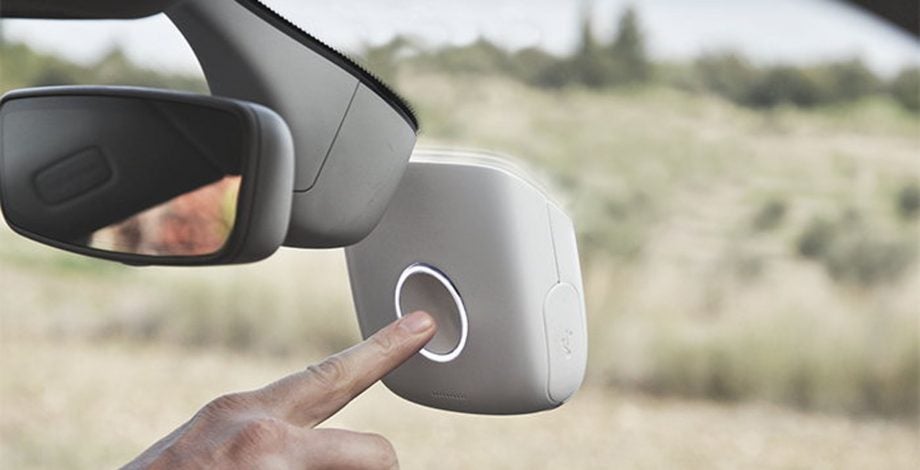Are dash cams legal? Can you share footage online?

More of us are installing dash cams in our cars, hoping that they’ll reduce insurance fraud and prove who was to blame in an accident. The question is, are dash cams legal?
In this article, we’ll cover everything you need to know about operating and using a dash cam safely both in the UK and abroad. We’ll also look at the question of, can you share footage online?
Related: Best dash cams
Dash cams are legal in the UK, with some restrictions
In short, dash cams are completely legal to buy, install and operate on public roads. Effectively, the rules are the same for filming in public on your phone or camera (not that you should do this from your car, mind). In the UK, it’s assumed that anyone that you film doesn’t have a right to a reasonable expectation of privacy.
Please note that the laws surrounding security cameras are slightly different; although you’re allowed to record the public highway with a security camera there are greater restrictions and guidelines to adhere to, due to these cameras recording when you’re not present and being fixed in place. Dash cams are not fixed cameras, so don’t fall into the same legislation.
Related: Best security cameras
There are some restrictions on dash cam use. First, the dash cam has to be installed properly, so that it doesn’t obstruct your view. Failure to do so can land you in hot water with the Police.
Secondly, if you use a dash cam in a shared car, say for work, you need to let other people know about the camera. Finally, dash cams installed in private hire cars can be a breach of privacy, particularly if there’s a camera recording inside and sound recording is enabled. Avoiding recording inside the car and disabling sound are two recommendations, but passengers should be notified of the recording equipment.
Can you share dash cam footage online?
Dash cam footage can be pulled from your camera and shared online. There’s an increasing tendency to do this, but for anything you share, you should at least find a justification for doing so. In many cases, examples of ‘bad driving’ may not actually be the fault of the driver. And, if the aim is to stir up hatred, then think twice before sharing.
Footage can be handed over to the Police or insurance companies for the benefit of making a claim or providing evidence. Please note that the Police can request your footage and use it against you if it’s found that you were responsible for a crash.
If confronted by the Police and asked for your footage, don’t delete it. Tampering with evidence is a serious offence. In extreme cases, the Police can seize your recording equipment if they believe there’s a strong chance the evidence may be tampered with or removed.
Nextbase, the dash cam manufacturer, has launched the National Dash Cam Safety Portal, making it easier for dash cam owners to submit footage of incidents and dangerous driving to the right Police force. Please note that submitting any footage may require you to attend a court hearing and that you have to certify as much when submitting.
Can I use a dash cam abroad?
Different countries have different laws on the use of dash cams. Austria and Luxembourg, for example, ban the use. In Belgium you can’t share any footage without the consent of everyone featured in it; in Germany, you’re required to blur out faces and number plates in footage shared publicly.
Before travelling anywhere with your car (or dash cam for use in a hire car), check out the local laws and make sure that you’re compliant.


